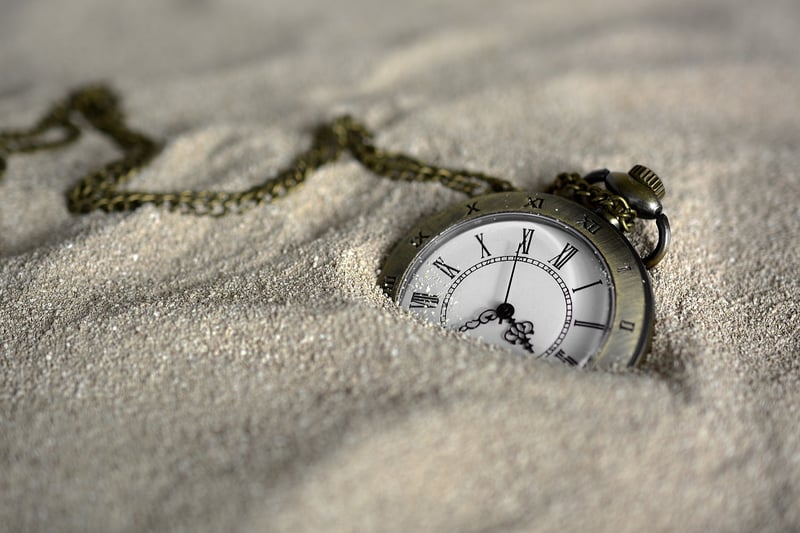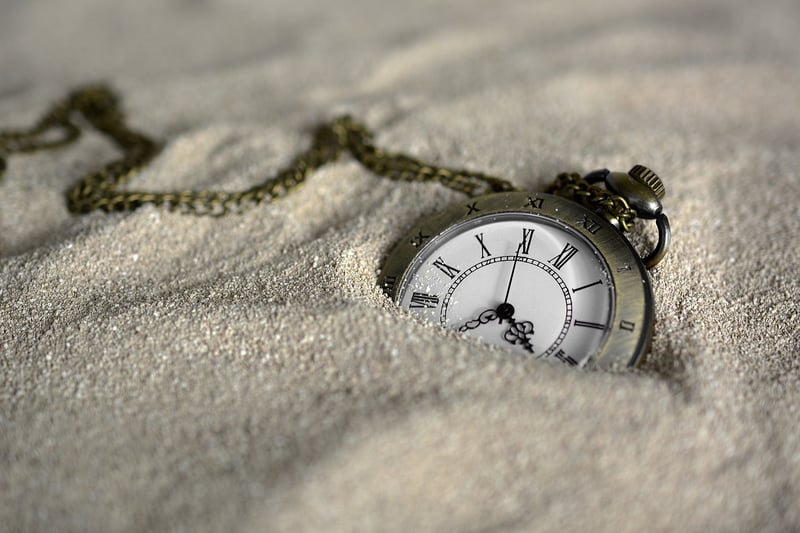Causality Preservation Strategies
Avoiding Disruptions in the Timeline: Causality Preservation Strategies
Time travel has been a popular concept in science fiction for decades, but what if it were possible in reality? The idea of traveling through time, altering events, and potentially disrupting the timeline raises intriguing questions about causality and its preservation. In this article, we will explore strategies to avoid disruptions in the timeline when considering time travel scenarios.
Understanding Causality
Causality refers to the relationship between cause and effect, where an event (the cause) leads to another event (the effect). In the context of time travel, any changes made to past events can have ripple effects that alter the course of history, potentially leading to paradoxes and inconsistencies.
Causality Preservation Strategies
- Observer Effect: One strategy to avoid disruptions in the timeline is the observer effect, where time travelers aim to observe and learn from past events without directly interfering with them. This approach minimizes the risk of altering key moments in history.
- Parallel Timelines: Another strategy involves the concept of parallel timelines, where changes made in the past create a divergent timeline separate from the original one. This allows for exploration and experimentation without impacting the main timeline.
- Self-Consistency Principle: The self-consistency principle proposes that any actions taken by time travelers in the past were already part of the original timeline, ensuring that events unfold in a consistent and logical manner.
- Temporal Loops: Temporal loops involve events that loop back on themselves, creating a closed causal chain where the effects of time travel are already accounted for within the timeline, preventing disruptions.
Conclusion
While time travel remains a theoretical concept, exploring causality preservation strategies can provide insights into how changes in the past might impact the future. By considering the complexities of causality and implementing careful strategies, we can better understand the implications of altering the timeline and strive to preserve the integrity of causality in hypothetical time travel scenarios.


